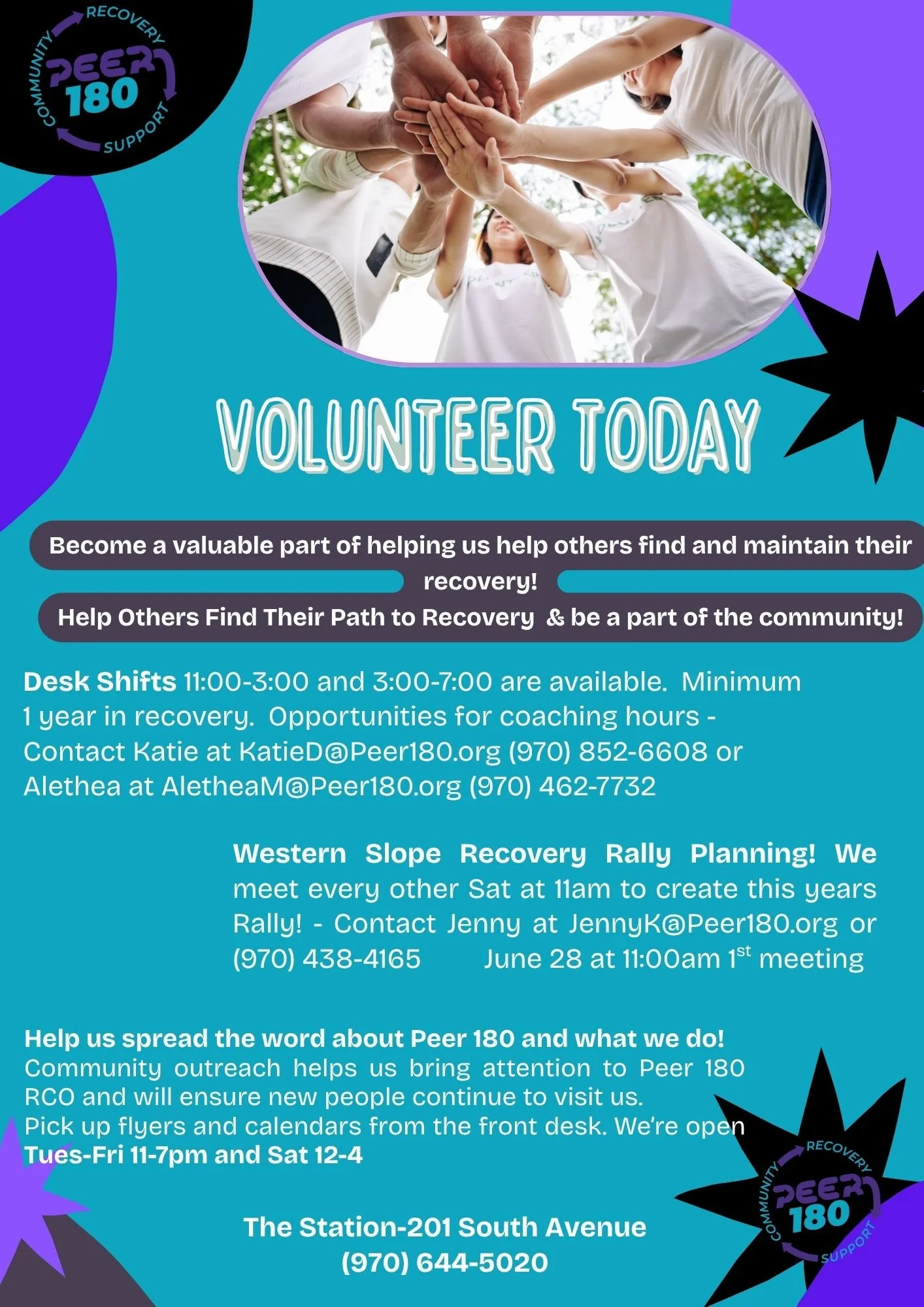An old train station and a Recovery Community may seem like an unlikely pair at first glance. One is a physical space bustling with activity, while the other is a group state-of-mind characterized by a lack of intoxication. However, if we look closer, we can find intriguing parallels between these seemingly different concepts.
A train station serves as a gateway to various destinations. Likewise, recovery can be seen as an entrance into a new spectrum of possibilities. Just as a train journey offers the opportunity to explore new cities and experience diverse cultures, recovery opens the door to a world of clarity, self-discovery, and personal growth. Both a train station and recovery present a chance to embark on a transformative journey.
Secondly, a train station embodies a structured and orderly environment. With its well-defined platforms, schedules, and organized queues, it represents a sense of stability and predictability. Similarly, recovery offers a disciplined and structured lifestyle, free from the chaos and unpredictability often associated with substance misuse. Both environments provide a sense of control and a foundation upon which individuals can build a stable life.
Moreover, a train station acts as a meeting point for diverse individuals from various backgrounds. People gather, each with their unique stories and journeys. Peer 180, too, brings together individuals from diverse walks of life, united by their desire for clarity and freedom from substance dependence. In both contexts, one can encounter support, friendship, and shared experiences, fostering a sense of community and belonging.
While a train station harbors a constant ebb and flow of passengers, recovery demands a similar level of vigilance and unwavering commitment. Just as trains arrive and depart, constantly moving forward with purpose, recovery requires individuals to stay focused and embrace progress in their pursuit of a healthier and more fulfilling life. Both environments necessitate perseverance and a willingness to adapt to new challenges and opportunities.
However, it's essential to acknowledge that while a train station can be a transient space, recovery is a lifelong commitment. Recovery is not a destination that one reaches but a continuous journey of self-improvement and personal growth. It requires ongoing dedication, self-reflection, and a willingness to face and overcome obstacles.



